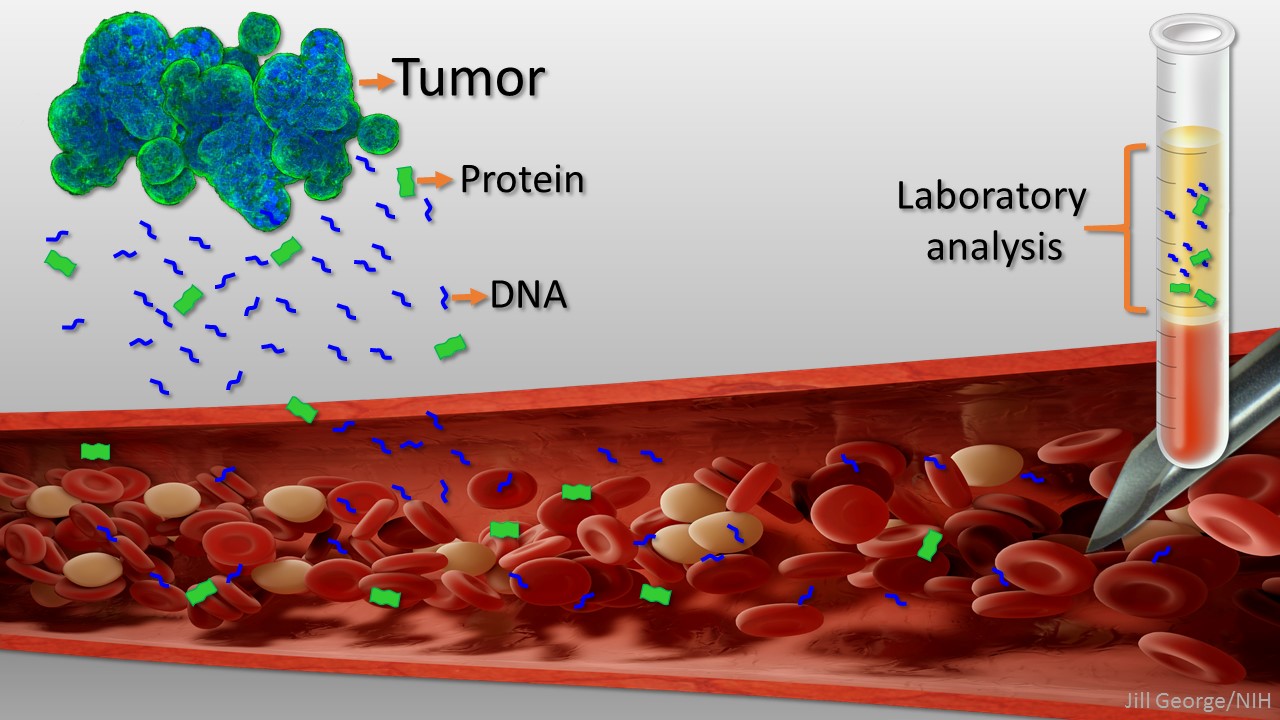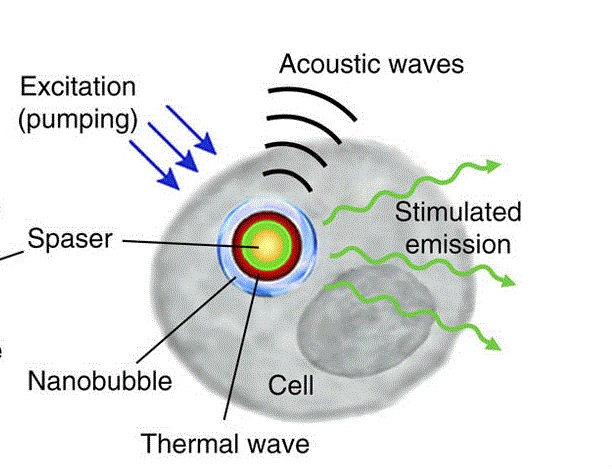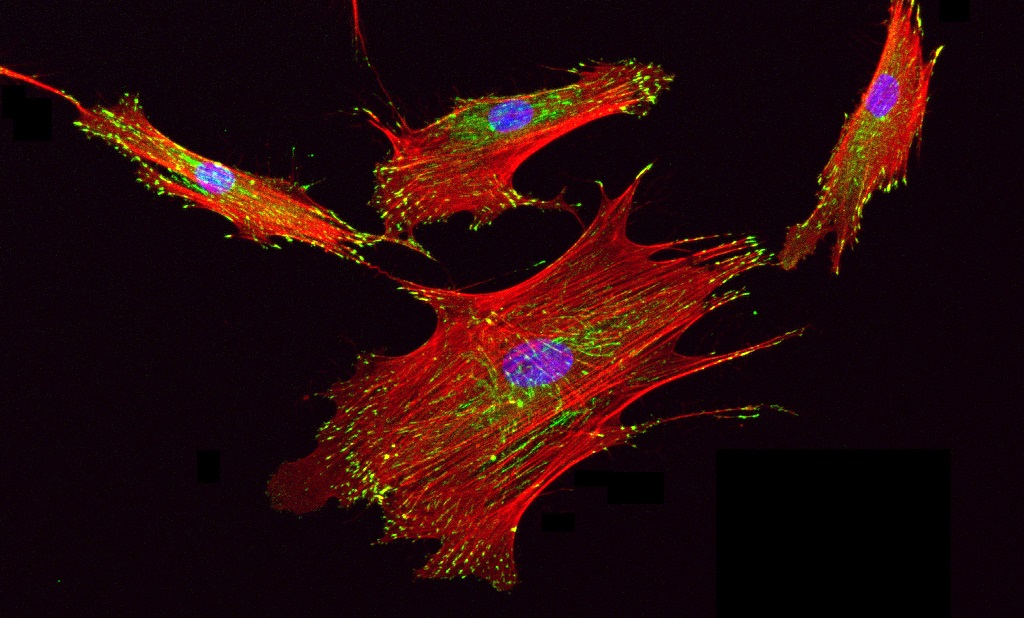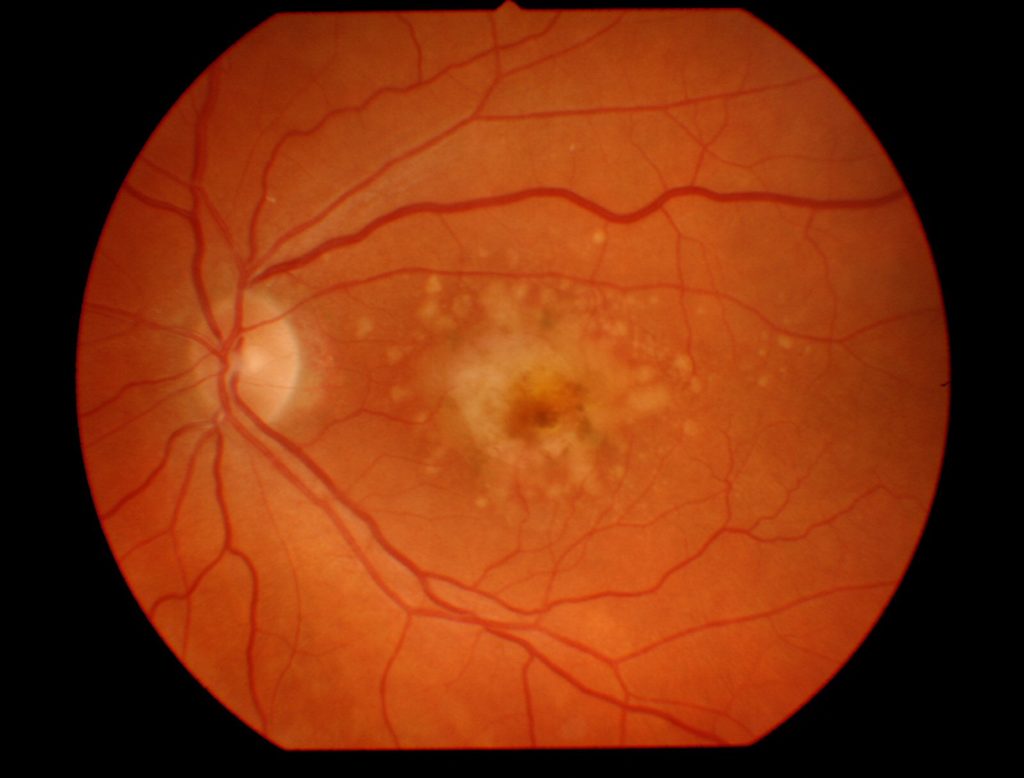Challenges from Improvements in Cancer Screening
The latest advances in detecting cancers through a blood test (a type of liquid biopsy) are exciting. After I read the blog posts by the NIH Director Francis Collins and by Derek Lowe, I started wondering where all this screening will lead. Whereas Collins emphasizes the encouraging aspects of the latest liquid biopsy results, Lowe … Read more





